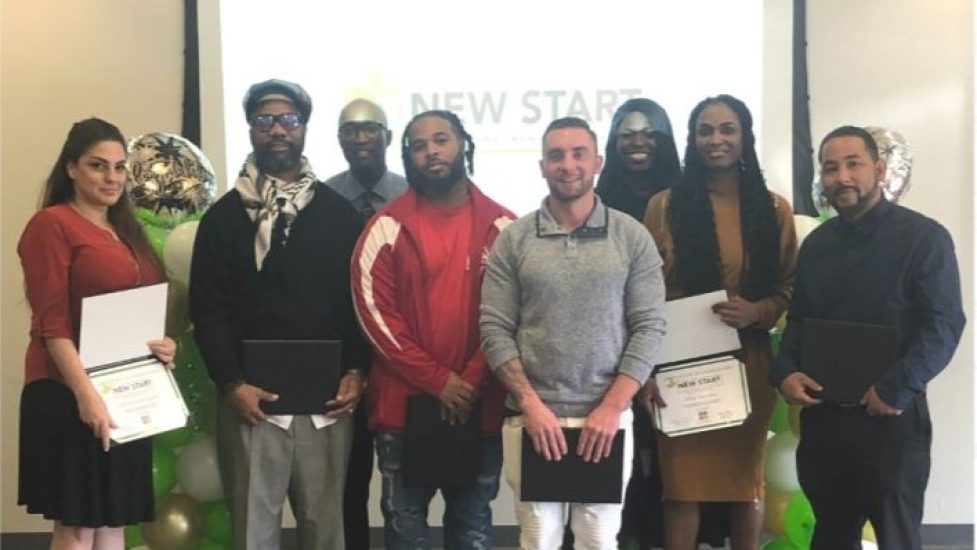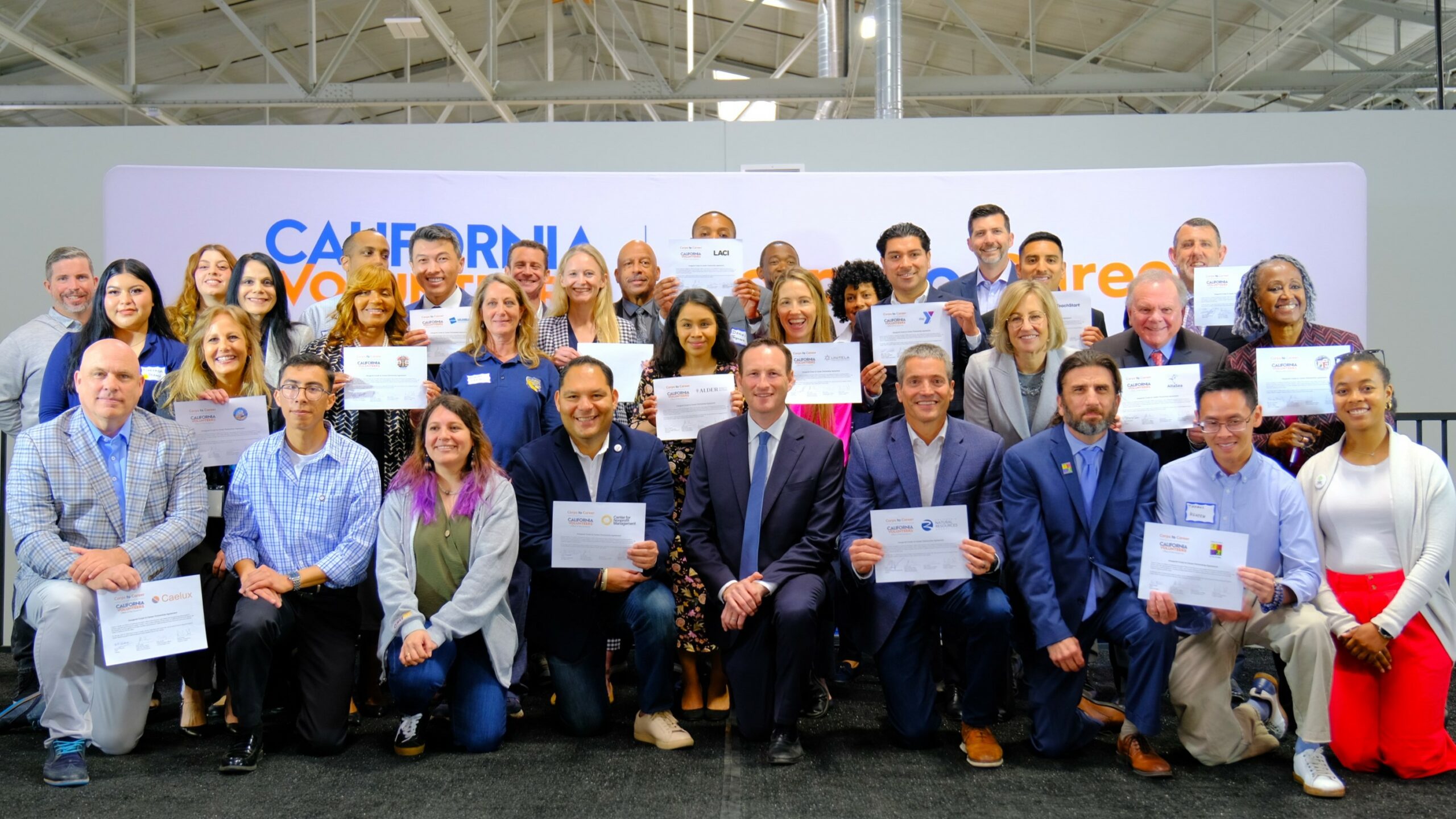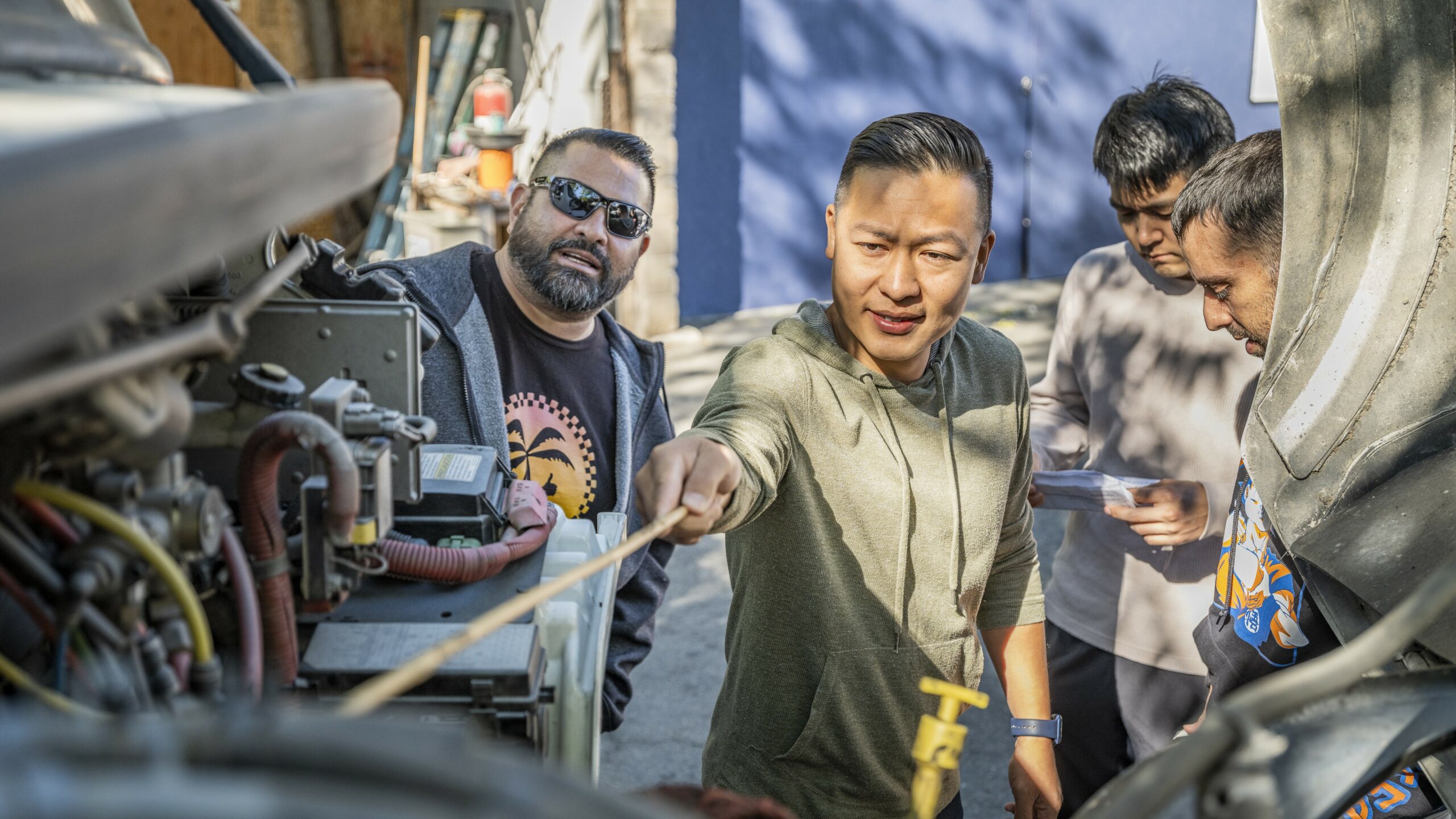For many of us, a trip to the library, as a kid, meant using our library cards to check out books. But your local branch likely offers so many more resources and opportunities for access than you realize.
An example is one initiative of the American Library Association (ALA). Libraries Build Business has allowed 13 library systems to offer “programming or services to local entrepreneurs and the small business community, prioritizing low-income and underrepresented entrepreneurs.”
The 18-month initiative launched in April 2020 with support from Google.org. About the 13-member cohort, Megan Janicki, deputy director of strategic initiatives with the public policy and advocacy office of the ALA, says, “Libraries range in size and geography from really large and really urban like Los Angeles public to tiny and rural like Independence, Kansas.”
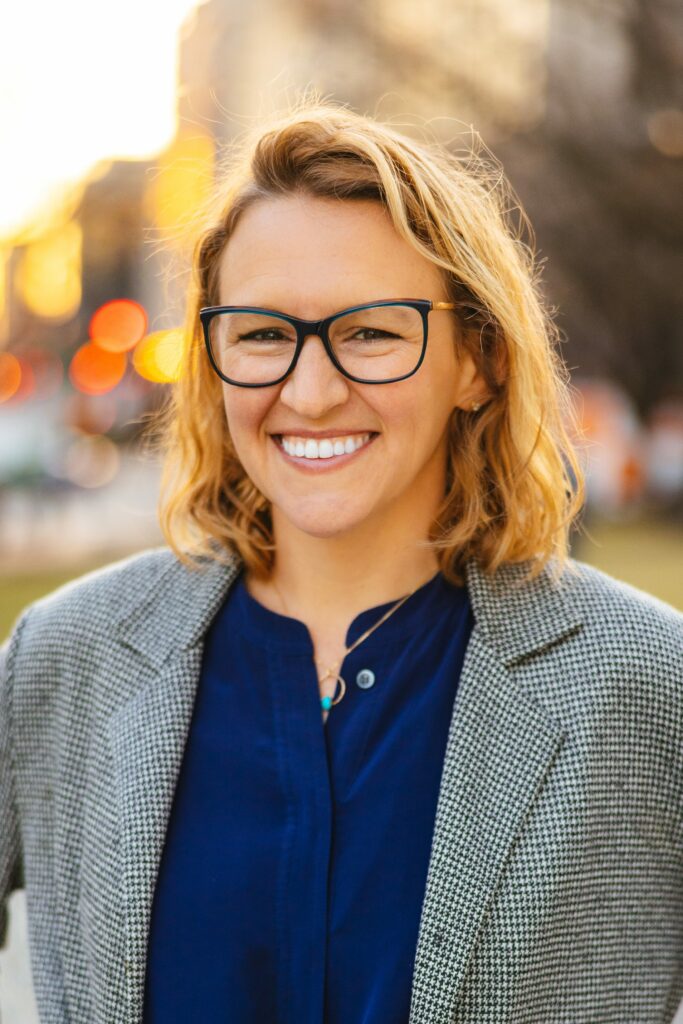
“We really wanted to set out to demonstrate that any library, no matter their size or budget, can and should support their local small business and entrepreneurship community, and that they have a vital role to play in the entrepreneurial ecosystem – in particular, for low-income and underrepresented entrepreneurs.”
Janicki continues, “They provide access to resources that cost a lot of money, some of those startup costs that might be prohibitive, really important for equity and inclusion in small businesses. The idea was that these 13 libraries received grant funding from us to do their programs and develop the programs to tailor to the needs of their local community and target audience.”
Providing Greater Access to Resources
Janicki says the different systems focused on various populations, including women entrepreneurs, refugees and immigrants, and Spanish-speaking populations. She adds, “[The libraries] did a lot of different models ranging from having workshops or offering specialized equipment and maker spaces, offering business mentorship and peer networking.”
“We do know that about 64% of the people that completed our end-of-project survey identified as Black, indigenous, or people of color – and then 77% identified as female or women-owned business owners,” notes Janicki. “People that are historically left out of the small business conversation really were the ones that were coming into these library programs and using these resources.”
“The [library] databases can provide market research, customer research. One library that we worked with estimated that they saved their customers $13,000 a year in subscriptions and market research just because some of those reports can be costly. We impacted nearly 15,000 small business owners and entrepreneurs who participated in programs, or checked out or used equipment in the library for their small business, or had a reference appointment to use the databases.”
Gwinnett County Public Library Assisting People with Histories of Incarceration
“There just wasn’t much in the community for people who have been previously incarcerated who want to start a small business,” says Adam Pitts, branch manager of the Lawrenceville branch, Gwinnett County Public Library and project manager of the library system’s New Start Entrepreneurship Incubator. “We saw a gap that we could fill in the community and there was such a high demand for it.”

Pitts says the pandemic seems to have sparked a greater interest in entrepreneurship, but notes, “For our target audience, formerly incarcerated specifically, their options for employment are very limited with a conviction on their record.”
“There’s also a stigma that goes along with having served time. It’s commonly known as the ‘second sentence.’ Sometimes entrepreneurship is the only means of employment that’s not just menial or not enough to make ends meet.”
With a grant of $128,000 from the ALA, Gwinnett County Public Library has run classes for three cohorts, graduating 29 rising entrepreneurs, according to Pitts.

The next class of approximately 15 students is scheduled to get underway in January with the application deadline for participation on November 30.
Pitts notes, “Programs focusing on entrepreneurship cost a lot of money if somebody wants to do this outside of a library, if they’re paying for it privately. We made it accessible because it’s totally free. We also offer laptops and hotspots for those who need them while they’re enrolled in the course. We really tailored this to this population to try to remove as many barriers as possible.”
Pitts explains that classes meet monthly over a six-month period with an online curriculum that the students work on asynchronously at their own pace.
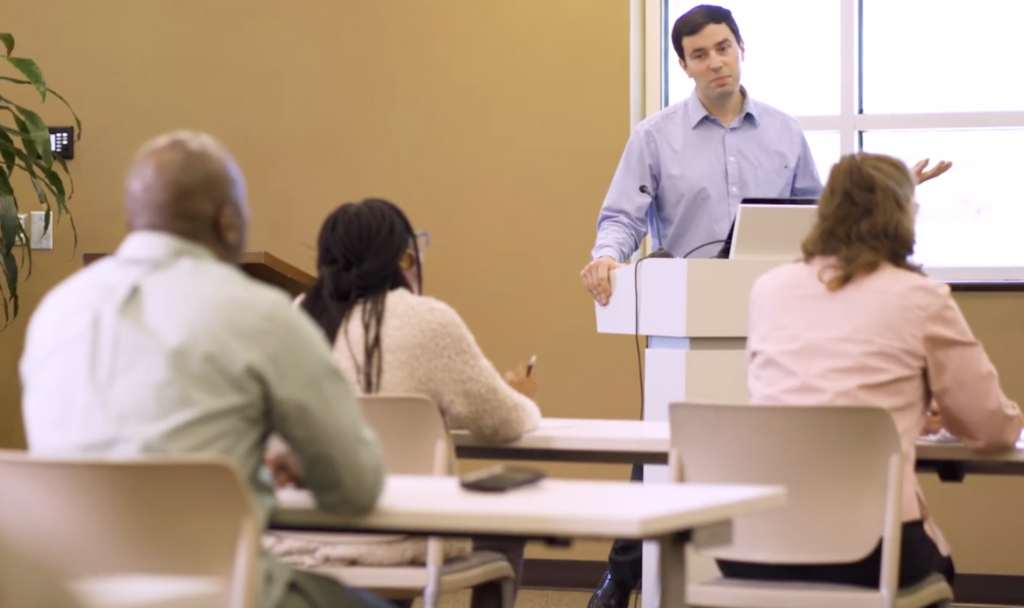
He adds that participation from the business community has been a key part of the program. “We have a mentorship component where we pair [students] one-on-one with somebody who is a local business expert in the area of the student’s business interest.”
“They can help guide them through this and help them with their business plan, with marketing it, and give them pointers.”
The Importance of Support Services
Reentry for people can be filled with barriers – and to address that, Pitts says, “We have an outreach coordinator. It’s a wraparound service that we provide. She has a background in social work. We added that position to the program to help support our students with some of the additional challenges that they face having been formerly incarcerated.”
“She’s been instrumental in contacting the students regularly, providing encouragement. It’s easy to become discouraged when you’re starting off on this small business journey. It’s not for the faint of heart, even in the best of circumstances. And for somebody who’s disadvantaged, that’s especially true.”
“That human element, providing that kind of one-on-one support, and knowing that somebody is there to listen to your concerns, your doubts, your fears, and help you overcome that, I think is another one of the most important aspects of our project.”
Pitts also acknowledges community-based organizations have been important for the program’s success. “A lot of it is connecting them with social services providers that they may not be aware of. That can be for a variety of reasons, food insecurity or rental and utilities assistance, things of that nature. We’ve connected with the Greater Gwinnett Reentry Alliance. They exist to support formerly incarcerated individuals in Gwinnett County and the surrounding communities. They’ve really helped us get the word out to prospective students. We’ve also worked with the Georgia Department of Community Supervision and they’ve been very supportive, as well.”
Opportunity to Participate in Launchpad
Upon graduation from the incubator, students are given the opportunity to pitch their enterprises to the local business community. Pitts explains, “The students who complete the course in good standing, meaning that they miss no more than one of the classes are then eligible to participate in Launchpad.”
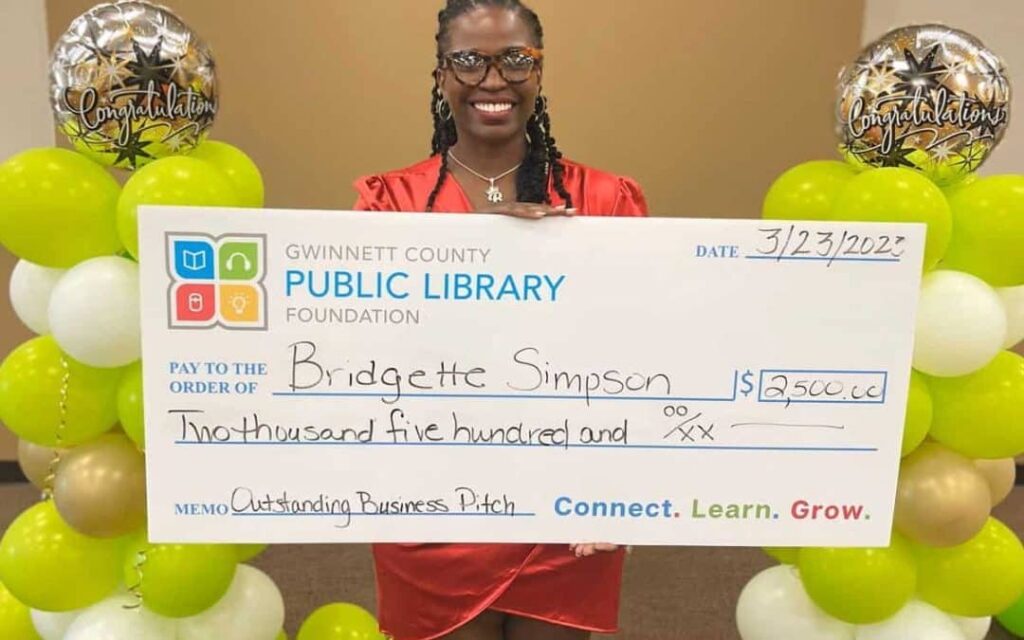
“After graduation, we have Launchpad prep where they hone their presentation skills and do a mock presentation in front of a mock panel. Then we give them a few weeks to continue to polish their presentations. After the Launchpad event, there is an award ceremony usually a week later where the winners are presented with their checks.”
Pitts points out funds for the award winners comes from the Gwinnett Library Foundation – not the original ALA grant.
Looking Forward
“We are seeking additional grant funding to continue the program because it’s been successful and we feel it’s definitely worthwhile,” says Pitts.
ALA’s Janicki says the initiative has generated great interest, “The relationships among the library cohort members are incredible. We have an ongoing community of practice where people still meet, check in regularly, and share some of the things that they’re doing. We’ve invited other libraries to be part of that. There are now 295 people in our community.”
She adds, “I’m incredibly proud. I think there’s so much great stuff – both for the library community that came out of it and for the small businesses that they serve with this work and for libraries to be recognized as partners. A lot of people have made great relationships with their local small business development centers, their SCORE chapters, their Chambers of Commerce, their local elected officials. A lot of great vision and visibility has come out of this.”
Apply for the Gwinnett County Public Library’s next entrepreneurship cohort here. Deadline to apply is November 30.
Read highlights of the Libraries Build Business initiative here.
Read the Libraries Build Business Playbook here.

